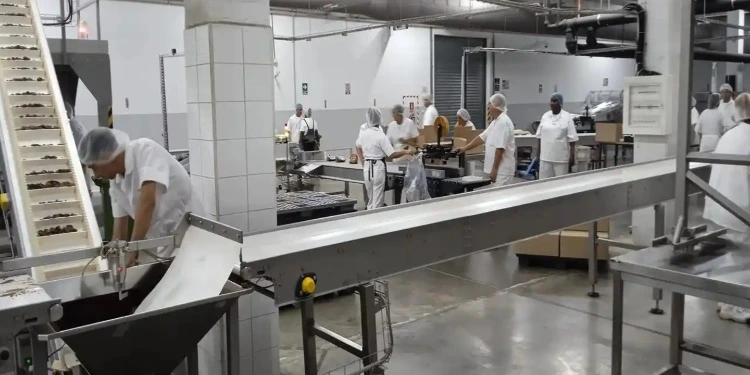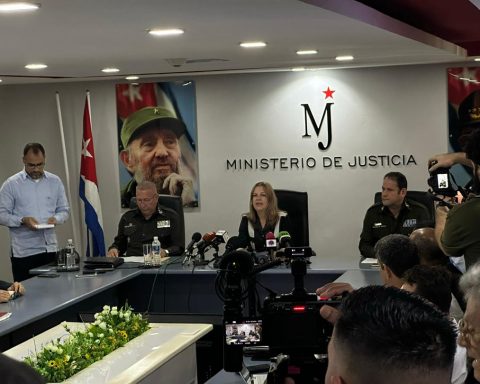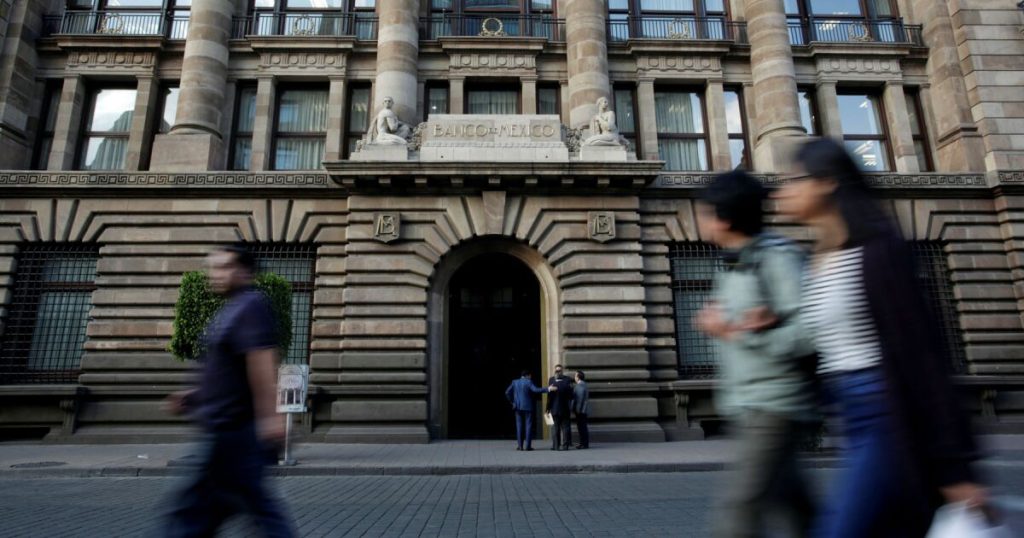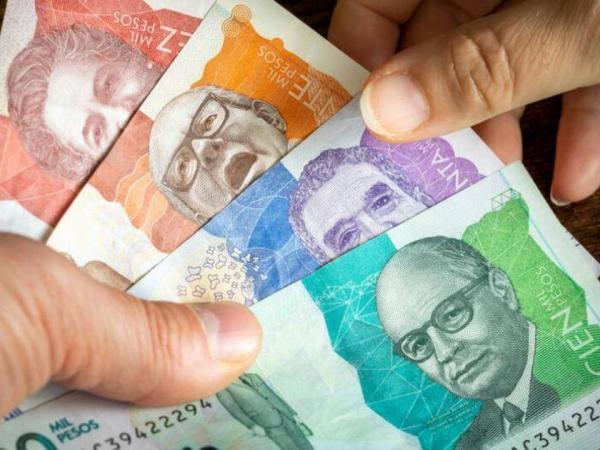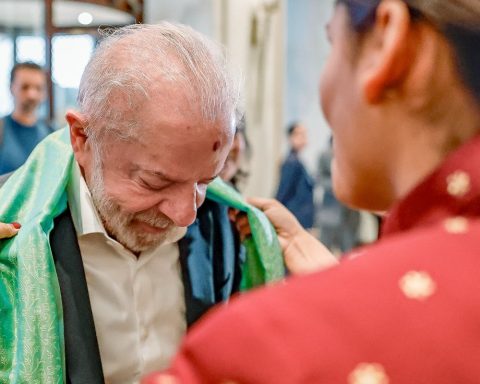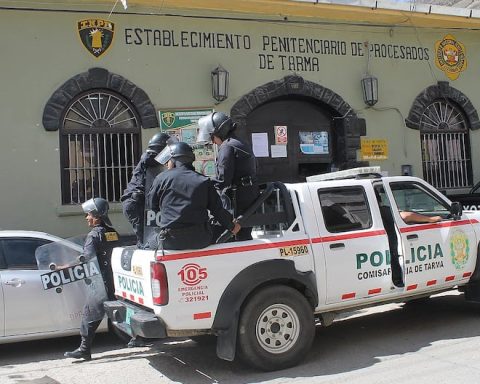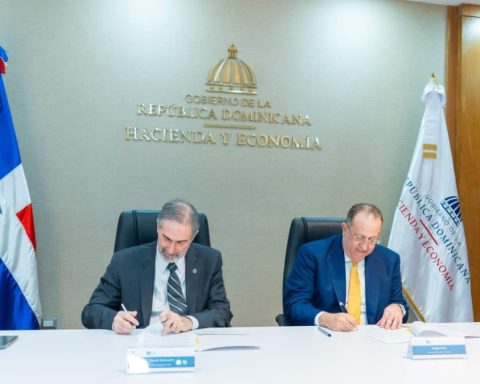SAN LUIS POTOSÍ, Mexico.- The company mixed Cuban-Slovakian company Proxcor SA, located in the municipality of Caibarién, in Villa Clara, and dedicated to the production of sweets, announced this weekend that it will expand its range of products, but Cubans are wondering where those sweets are that do not reach their children.
Sayira Urquía Ávila, administrative director of the entity, told the press official store that will include the “Guani” cereal and candy lines to the existing “TOCO” cookies and sherbets (in reference to tocororo).
According to the site official The Villa Clara plant, founded by Slovak investor Proxenta, plans to reach a production of 17,000 tons of confectionery per year. They also hope to expand their “market segments”.
For her part, Zuzana Školárová, director The Slovak company announced that they have already signed several contracts with shops and hotels and the first export to Venezuela has already been made.
Cubans, however, have only seen these jams appear on rare occasions and on the black market.
“How lucky those Slovak children are. Enjoy your sweets,” wrote one Internet user in response to the news of the expansion of production, making fun of the lack of sweets on Cuban soil.
Another asked: “And where are those sweets?” “That production of sweets only reaches the children of the country of Neverland,” joked a Cuban woman.
Round business
According to the information shared on Proxenta, Cuba “offers opportunities for investment exceptional, especially for investors seeking higher returns that they can no longer achieve in Europe, for example.”
In this sense, benefits include high profitability (“up to double digits”), a growing market with increasing demand; cheap production capacity; investment in a market with a lack of production capacity and growing demand.
The market value of the confectionery business currently amounts to 93,000,000 euros.
The Proxcor contract is valid for 25 years and is not the only one established in Cuba. The group investor Proxenta has created a second Slovak-Cuban joint venture for the processing of cocoa beans and the production of chocolate.
According to the investors on their website, in 2017 the Baracoa cocoa processing plant underwent a major renovation that took it to a “whole new level.”
From then on, “modern European production lines” were implemented at the plant, and immediately after, the Cuban regime decided to open the door to foreign investors to participate in the development of this industry.
“Thanks to our many years of experience in cocoa processing and plant reconstruction, we were selected as a preferred partner. Our presence in Cuba and ability to effectively manage the modernization of the factory gave us a significant advantage in this process,” they wrote.
Coralsa behind the investment
Proxenta’s business dates back to June 2019, when the Slovak firm signed an agreement with Corporación Alimentaria SA (Coralsa), a Cuban trading company with shareholdings in joint-stock companies dedicated to the production and marketing of food. According to Ecured, Coralsa is “sponsored” by the Ministry of the Food Industry.
The regime entity was founded in 1995, with the creation of the first joint venture, Los Portales SA, for the production of water and soft drinks. The company has more than a dozen businesses with direct participation from foreign investment and a commercial company with Cuban capital, which include the beer, meat, beverage, dairy, confectionery and milling industries.
Five years ago, according to the press According to the official, the companies associated with Coralsa had invoiced approximately 470 million CUC at wholesale prices, “with a profit index that exceeded 20 cents per peso of sales in almost all associations.”
As investments expand, Cubans sink further into poverty and see products such as those produced by these joint ventures as unattainable.
